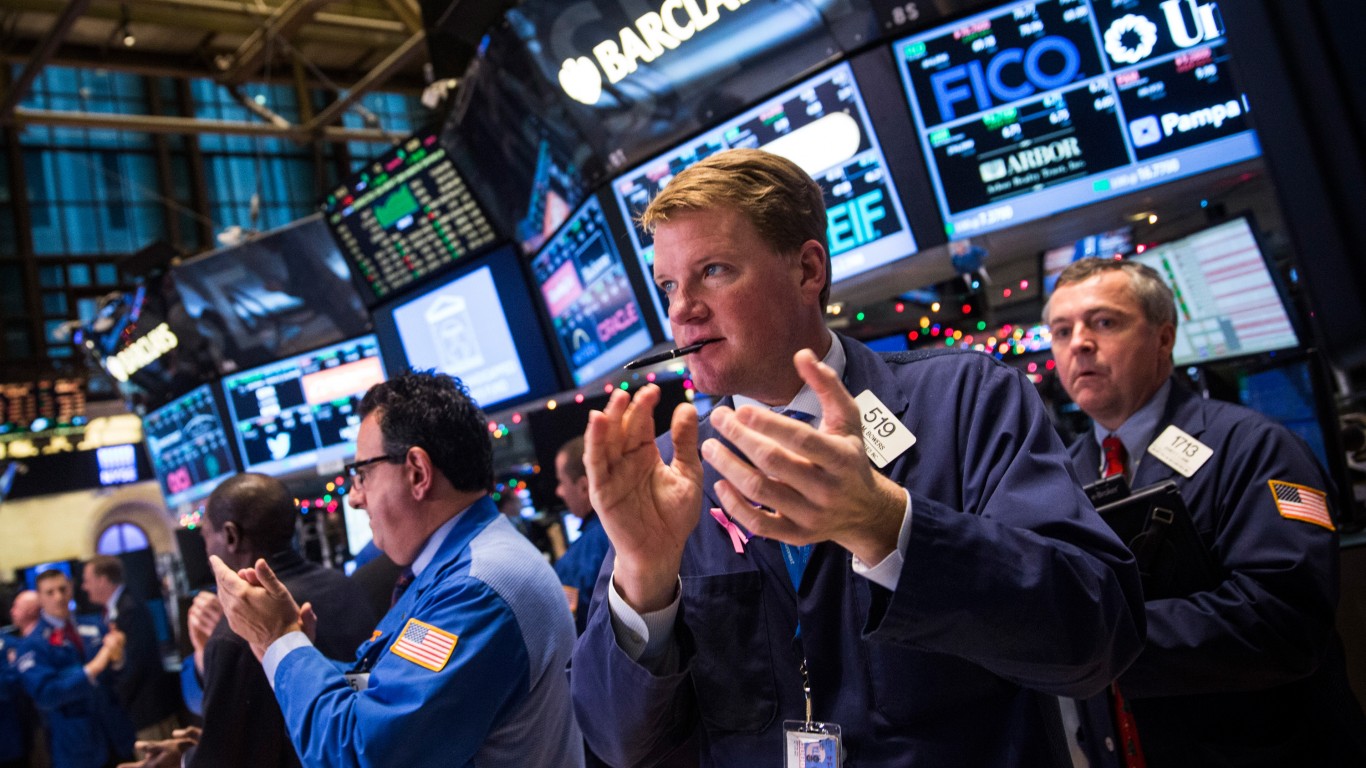

Consumer research firm Morning Consult reported Tuesday morning that its consumer sentiment index fell from 112.2 on March 2 to 111.9 on March 3. Based on its daily surveys, this is the eighth consecutive day that the consumer sentiment has declined. The decline appears to have lessened somewhat from the index’s free fall over the previous seven days.
Of the index’s two components, consumer expectations of future business conditions dropped from 112.1 to 111.9. Between February 9 and February 23, the index had slipped by an average of 0.08 points a day. From February 24 to March 2, the index had plunged 10 times faster, dropping by a daily average of 0.8 points per day. This component of the consumer sentiment index peaked at 116.5 on February 13.
The current conditions component of the sentiment index peaked at 114.9 on February 17, and it slipped from 112.4 on Monday to 112.2 on Tuesday.
In an unusual move Tuesday, the Federal Reserve cut its federal funds rate by 50 basis points to a new range between 1.00% and 1.25%. The impact of the unexpected rate cut boosted investors’ spirits initially, although the uptick has since turned evaporated and the three big indexes are all trading down. The rate cut has turned out to be a big nothingburger.
The Morning Consult index scores are based on the firm’s daily survey of some 7,500 U.S. adults and are significantly higher than at this time last year. Morning Consult asks the same questions of its survey respondents as does the University of Michigan’s twice-monthly Survey of Consumers. The difference is in the number and method of the survey. The Michigan sentiment index is based on 600 telephone interviews with U.S. adults, while Morning Consult’s results are based on an ongoing survey comprising 7,500 daily interviews and 210,000 monthly interviews, all conducted online.
Morning Consult noted Monday that, compared to the SARS outbreak in 2002 and the financial collapse that began in 2007, the “fallout from the coronavirus is different [from] those prior periods because there is not a clear policy response to alleviate consumers’ concerns.” The market’s reaction to the Fed rate cut is evidence of that, although it’s risky to equate the markets’ reaction with that of consumers.
According to Morning Consult, the Fed and business officials are paying attention to consumer confidence as they try to chart a course through this latest black swan event. There are more tools in the box than cutting interest rates though.
Sponsored: Want to Retire Early? Here’s a Great First Step
Want retirement to come a few years earlier than you’d planned? Orare you ready to retire now, but want an extra set of eyes on your finances?
Now you can speak with up to 3 financial experts in your area for FREE. By simply clicking here you can begin to match with financial professionals who can help you build your plan to retire early. And the best part? The first conversation with them is free.
Click here to match with up to 3 financial pros who would be excited to help you make financial decisions.
Thank you for reading! Have some feedback for us?
Contact the 24/7 Wall St. editorial team.



